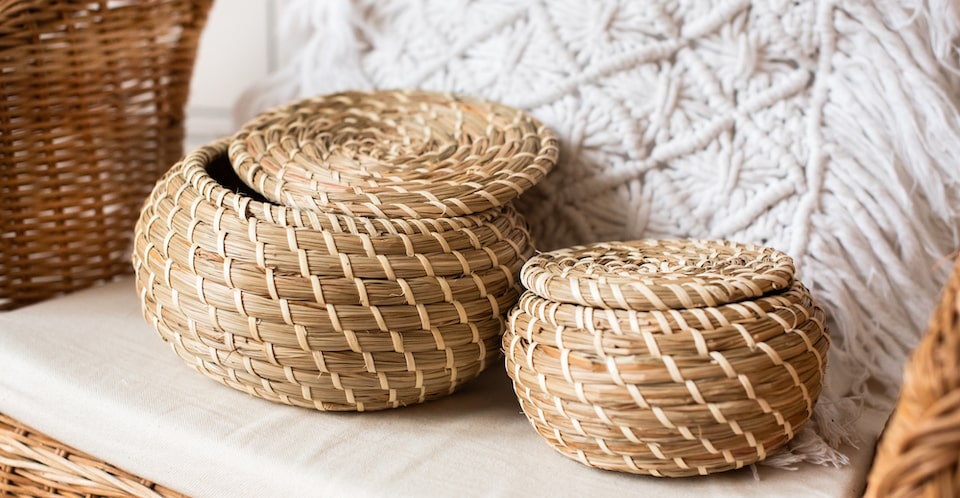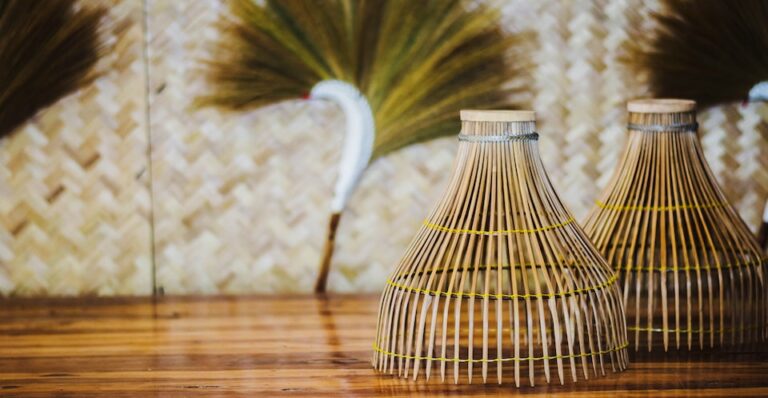Bamboo has been a popular material for centuries and is now increasingly used as a sustainable alternative to traditional hardwoods. Bamboo products are environmentally friendly because they are made from a renewable resource that grows much faster than most trees, making it a more sustainable option for home decor and everyday use.
One of the main benefits of bamboo is its ability to grow in a variety of climates, which means that it can be harvested from different regions of the world. This reduces the risk of over-harvesting a single region and ensures that there is a steady supply of bamboo for use in various products.
Another environmental benefit of bamboo is that it is known to release more oxygen into the atmosphere compared to other plants, making it a key player in reducing the carbon footprint. Additionally, bamboo can absorb large amounts of carbon dioxide and other greenhouse gases, making it a valuable tool in the fight against climate change.
Bamboo products are also biodegradable, meaning they can break down naturally over time. This reduces the amount of waste that ends up in landfills and helps to preserve the environment.
In addition to these benefits, bamboo is also known for its durability, making it an excellent choice for long-lasting products such as flooring, furniture, and textiles. This means that bamboo products are less likely to need replacement and, therefore, reduce the overall carbon footprint over time.
In conclusion, using bamboo products not only reduces our impact on the environment, but also provides us with a sustainable and durable alternative to traditional materials. With its ability to grow quickly, absorb greenhouse gases, and decompose naturally, bamboo is a valuable resource for anyone looking to live a more sustainable lifestyle.



